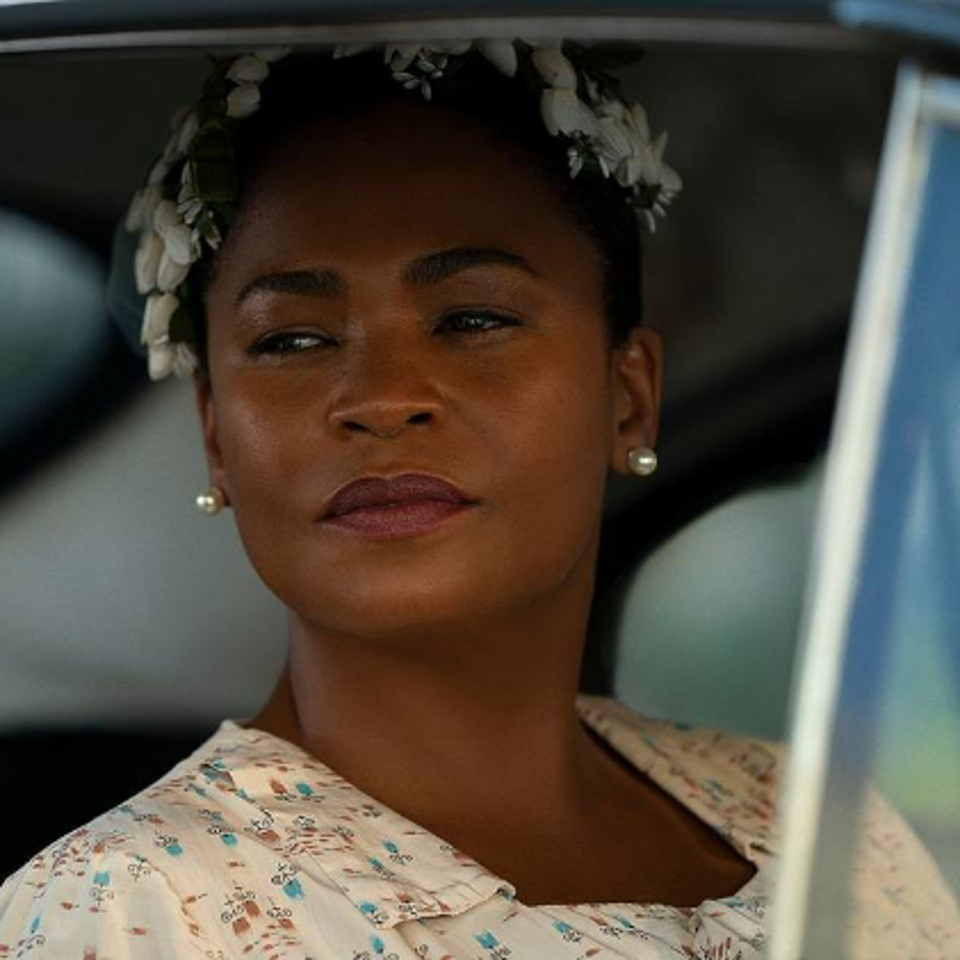[ad_1]

Nia Long plays Eunice Garrett in the film “The Banker.”
April is Financial Literacy Month and an ideal time to have conversations about generational wealth, especially as it relates to the racial wealth gap that continues to disproportionately affect Black families.
Black women in particular have long made sacrifices to secure financial stability for their families in the midst of systemic barriers such as racism, sexism and classism. Award-winning actress Nia Long illustrates these efforts through her portrayal of Eunice Garrett in The Banker. Garrett was the former wife of Bernard Garrett Sr., who secretly purchased banks in Texas to assist Black residents who were unable to attain loans due to the Jim Crow era.
“When I look at a woman like Eunice, Eunice had to be a silent force,” Long tells For(bes) The Culture. “She had to smile when maybe she didn’t want to. Because that was the only way to bypass and trick the system. I think it’s a heavy burden for Black women to carry.”
It’s a burden Long says Black women still carry today: “There are times when I feel that I have to make myself smaller in order to be respected and heard. I don’t do it. But I know that we carry the burden of being judged if we are outspoken and audacious and speaking up on behalf of ourselves and our children and our families.”
According to data from the Asset Funders Network Center, the median wealth of single white women is $15,640—for comparison, that of single Black and Latina women is $200 and $100, respectively. This equates to about one cent of every dollar of white women’s wealth.
Long says Hollywood, like many industries, doesn’t always equitably compensate Black women for their work.
“I’ve had to be scrappy,” she says. “I’ve had to ask for more. I’ve had to demand more. I’ve had to speak up. And it’s really hurtful. You go into the project feeling like, ‘Do they really value me? Or am I just another Black woman supporting a story that focuses on the men?’ When we are the backbone of the story of the building of the business, we need to be paid. Because there’s no success if there’s no backbone. There’s no success if the work is not planted in something that is powerful.”
Though she believes Black women can establish a legacy for future generations, she acknowledges that carrying such a burden isn’t easy.
“There’s so many hoops that you have to jump through, you really have to take care of yourself,” says Long. “You really have to allow yourself the time to pace yourself, because it can be exhausting.”
A step in the right direction, Long says, is a unified effort to invest in the Black community.
“My hope and prayer for Black people is that we pay less attention to materialism and more attention to generational wealth and ownership,” Long says. “And really identifying and building up the community and making choices that not just benefit self but also benefit us as a whole.”
[ad_2]